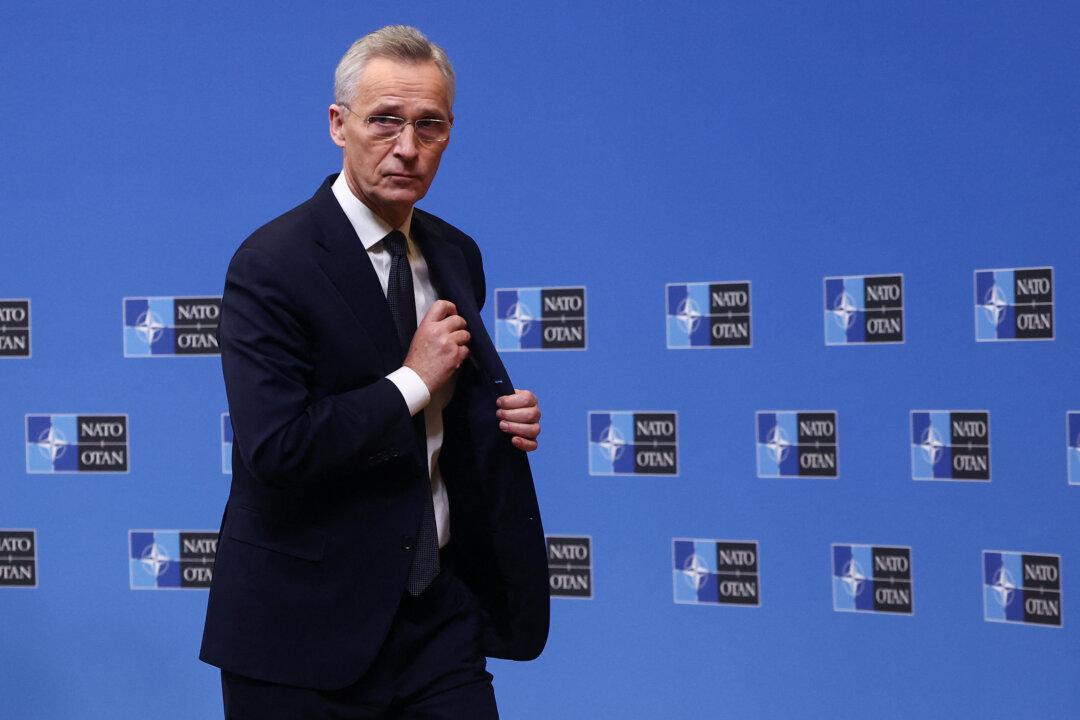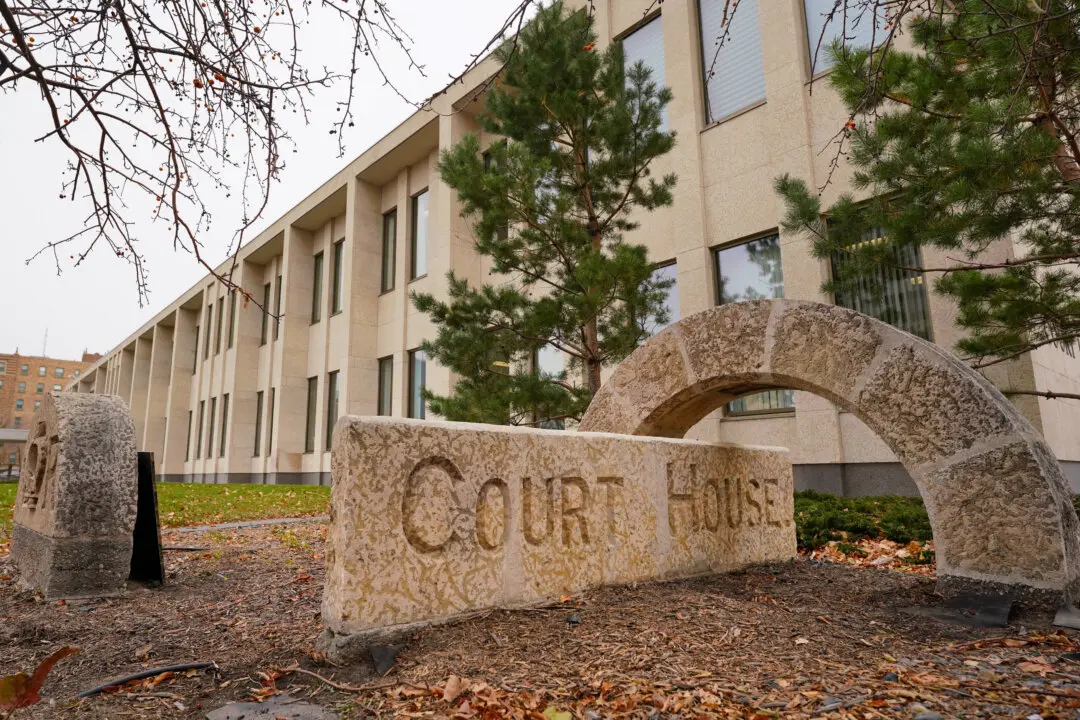NATO’s top leader says he expects a “clear commitment” from Canada on when it will fulfil its obligation to spend 2 percent of its gross domestic product (GDP) on defence.
NATO Secretary-General Jens Stoltenberg told CTV’s Power Play that Canada has yet to set a date to meet its membership spending goal but expects the federal government to make good on its commitment sooner rather than later.





